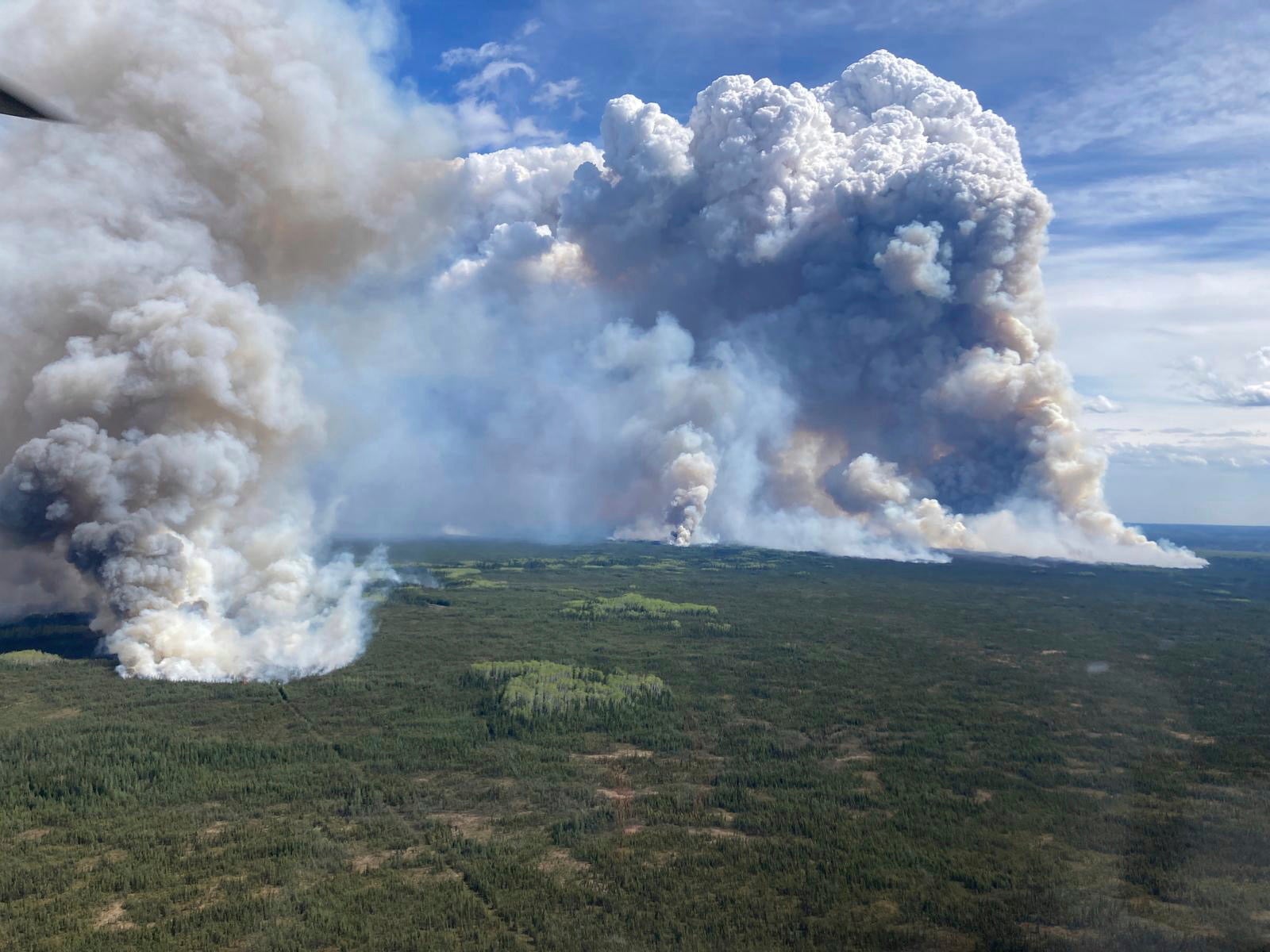Canadian evacuees head home after wildfire evacuation order ends
Residents in the western Canadian city of Fort Nelson, British Columbia, are being allowed to return home after more than 4,700 were evacuated from the community for more than two weeks due to wildfires

Your support helps us to tell the story
From reproductive rights to climate change to Big Tech, The Independent is on the ground when the story is developing. Whether it's investigating the financials of Elon Musk's pro-Trump PAC or producing our latest documentary, 'The A Word', which shines a light on the American women fighting for reproductive rights, we know how important it is to parse out the facts from the messaging.
At such a critical moment in US history, we need reporters on the ground. Your donation allows us to keep sending journalists to speak to both sides of the story.
The Independent is trusted by Americans across the entire political spectrum. And unlike many other quality news outlets, we choose not to lock Americans out of our reporting and analysis with paywalls. We believe quality journalism should be available to everyone, paid for by those who can afford it.
Your support makes all the difference.Residents in the western Canadian city of Fort Nelson, British Columbia, were given permission Monday to return home after more than 4,700 were evacuated from the community for more than two weeks due to wildfires.
The Northern Rockies Regional Municipality and the Fort Nelson First Nation jointly rescinded their evacuation orders, lifting roadblocks and clearing the way for people to go home.
About 4,700 people were forced to leave their homes in Fort Nelson on May 10, when strong winds pushed the Parker Lake wildfire within a few miles of the town.
The wildfire is now classified as “being held." The BC Wildfire Service said rain on Sunday and the efforts of firefighters meant the 123-square-kilometer (47-square- mile) fire in the northeastern corner of the province was not expected to grow.
But the blaze hasn’t been extinguished and the service says it expects parts of it to continue burning into the fall.
The fire destroyed four homes and damaged six other properties in the area.
In 2023, Canada experienced a record number of wildfires that caused choking smoke in parts of the U.S. and forced more than 235,000 Canadians to evacuate their communities.